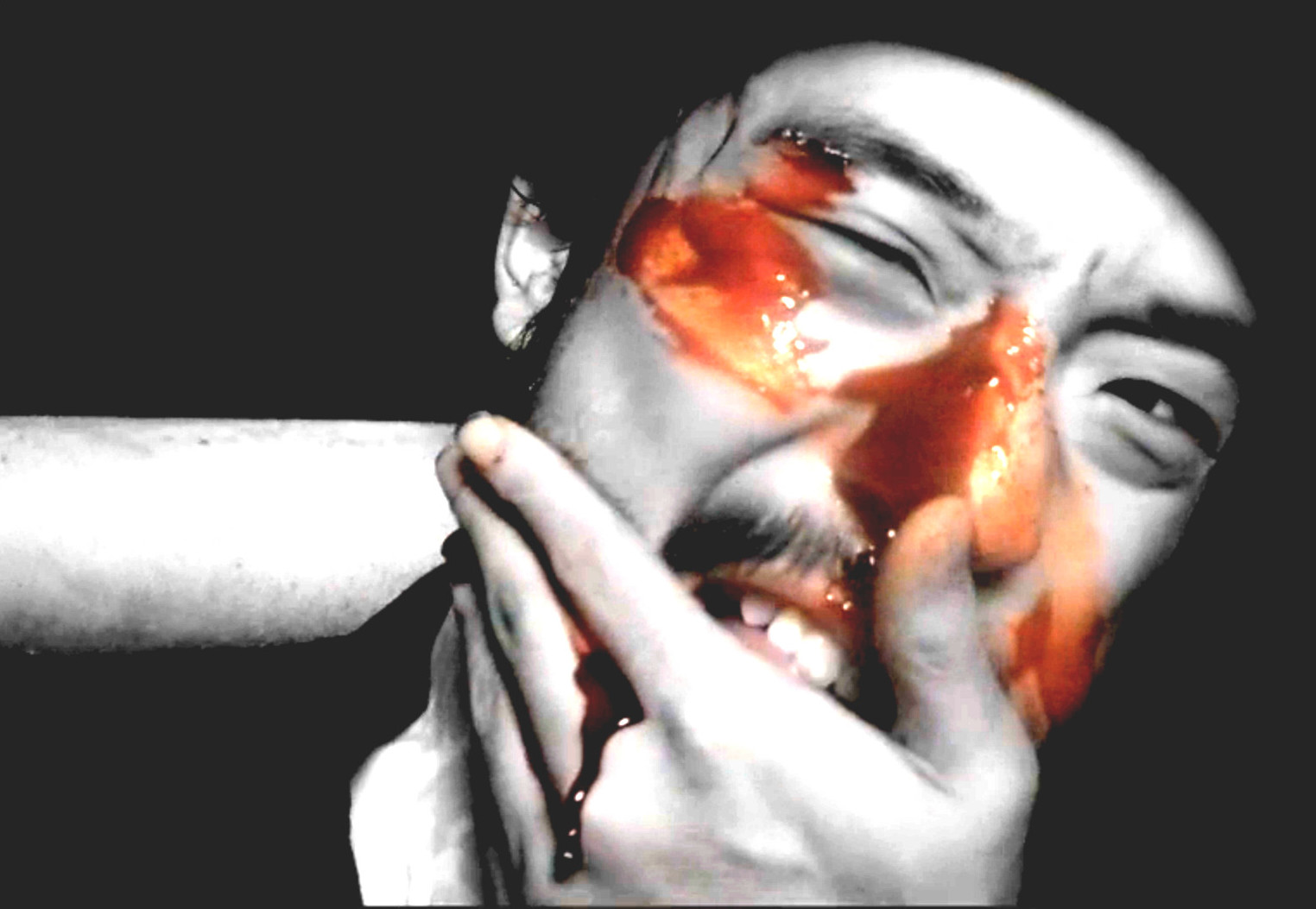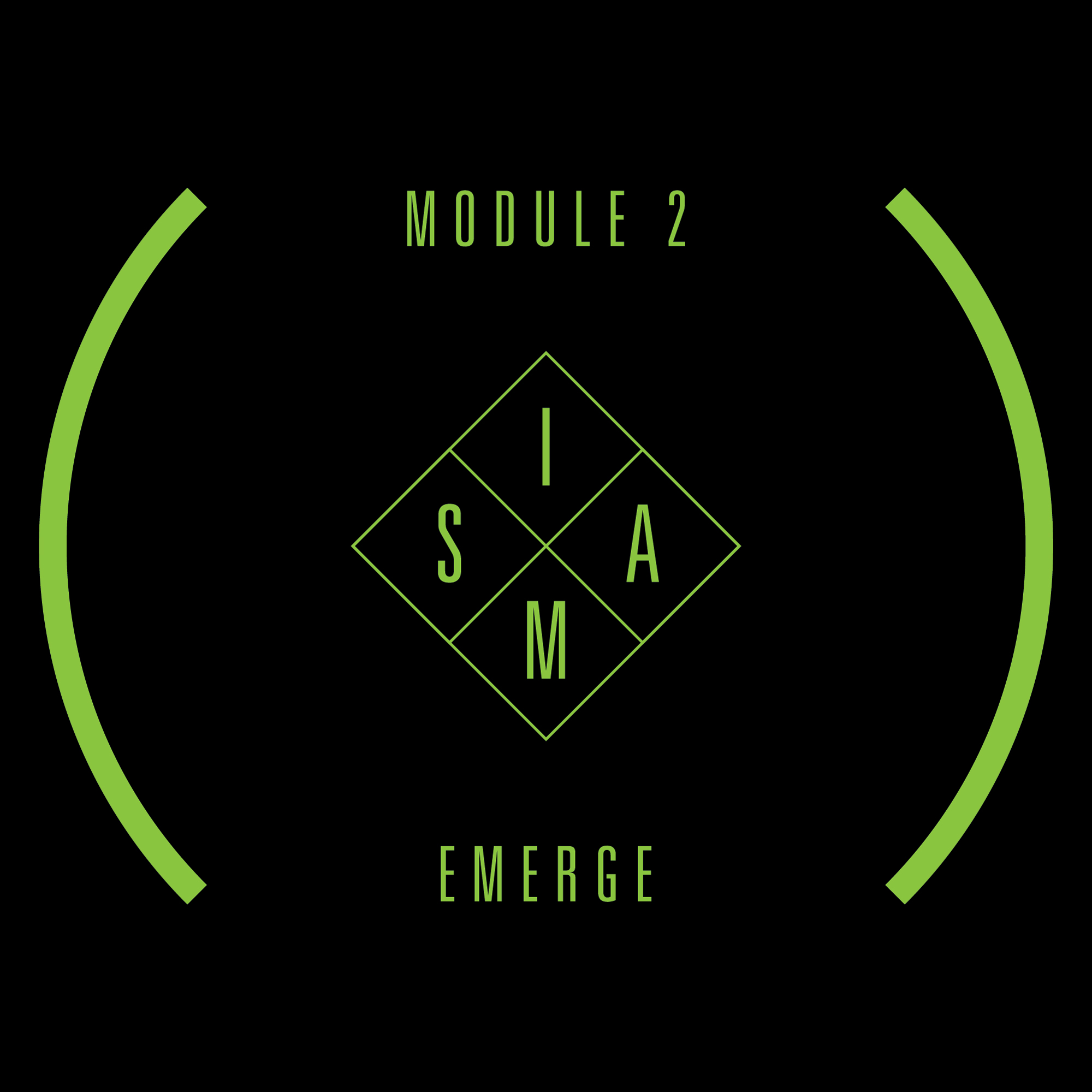Zai Jian Hui Tian Directors’ Statement
By Maia, 2010年 7月 22日
Here is a still from the making of the short film Zai Jian Hui Tian, along with a statement by directors Maia Bernstein and Rosa Tu. Zai Jian Hui Tian will be featured in the first Pangbianr Music and Film Festival this Sunday, July 25 at 2kolegas.

Zai Jian Hui Tian came about because we had a desire to experiment with the techniques of Chinese directors that we had learned about in class in order to develop our own story. Our film is about one girl’s struggle to cope with her mundane life. The friendship that she cultivates with Ruhai awakens her to the world that she fails to see already exists in front of her. We originally intended to blur the lines between dream and reality by withholding plot information from the viewer; however, we ultimately decided to develop the narrative in order to lend more meaning to the two girls’ relationship. Nonetheless, we strive to maintain a dreamy quality throughout the film, achieved by our use of color filters and inclusion of short dream sequences.
The collaborative aspect of our filmmaking served to form a creative dialogue that helped to spur new ideas and to diversify our style. We wrote the script together, took turns holding the camera, had long discussions about our conceptual and stylistic goals, and worked together to retain our initial vision throughout the editing process. We hope that regardless of the technical difficulties that we faced, especially with the audio, our film still embodies the thematic concepts and stylistic features that we intended. Ultimately, this film was an extremely rewarding project and endeavor. It helped us along the path that our Chinese film class was already taking us, namely to shed new light on and appreciation for the films, as well as respect for the directors we feel exhibited innovative, convincing, and experimental techniques. We were particularly influenced by the Fifth Generation filmmakers, such as Zhang Yimou and Chen Kaige, as well as Li Yang, Hou Hsiao-Hsien, and Wong Kar-Wai.
Special thanks to Professor Deppman and all of our friends who helped to make this project possible.
—Rosa Tu and Maia Bernstein
May, 2009






